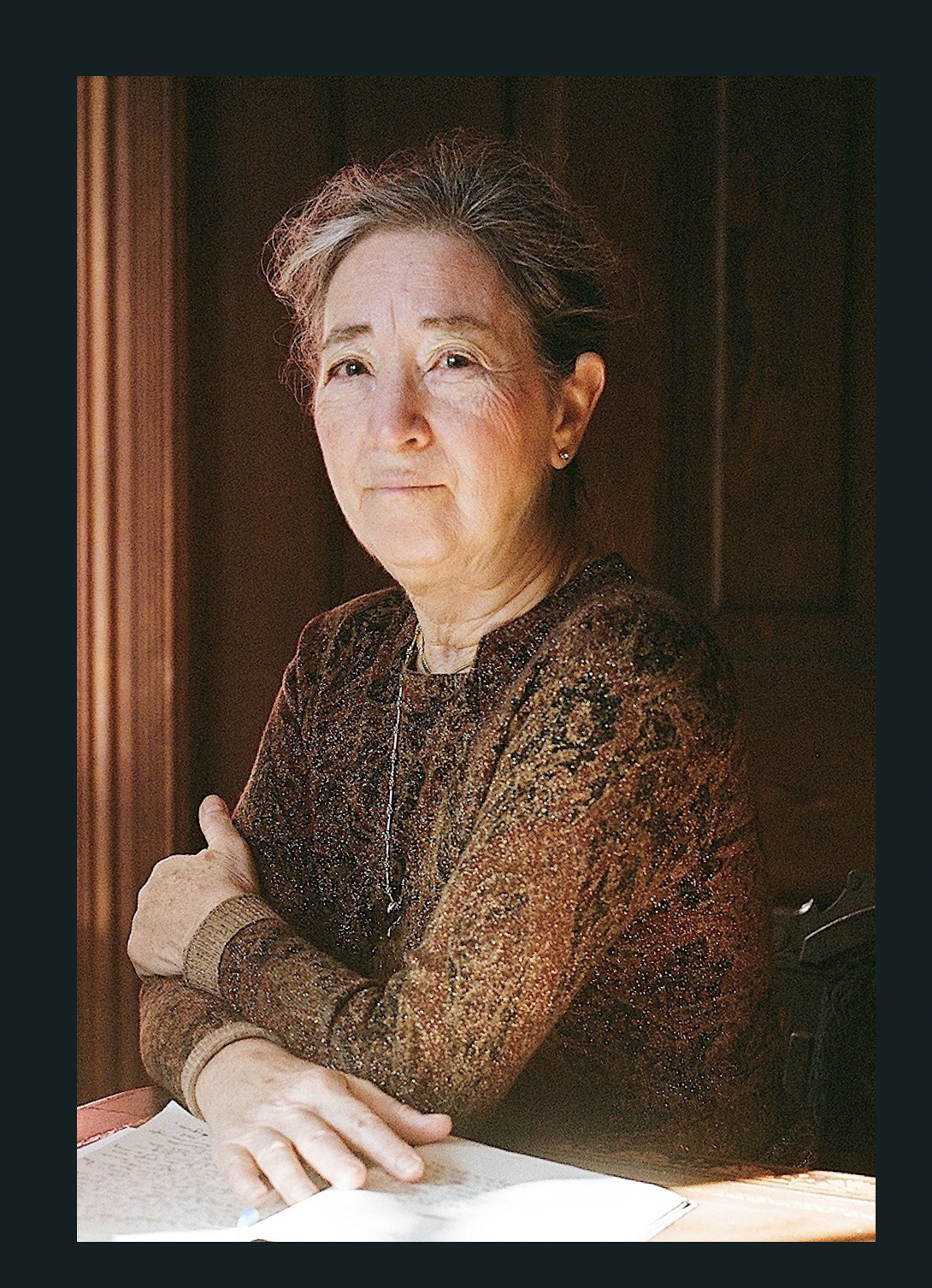Any just society must reduce the despair occasioned by dire medical conditions.
This was one lesson, oddly, that could be drawn from the TV series, Breaking Bad.
The popular, award-winning crime drama began in 2008, right at the beginning of the unending economic recession, when unemployment became terrifying for midlife people. A timid high school chemistry teacher, residing in New Mexico, works two jobs, each demeaning. Walter White (Bryan Cranston) learns he has lung cancer the day after his 50th birthday. Treatment is possible: radiation therapy, chemotherapy, surgery. But White has inadequate insurance and it’s clear he’s strapped. Before seeking treatment, he resorts to manufacturing methamphetamine and partnering with a dealer.
White’s life-threatening illness and meth production worked well to keep the plot ticking over and to make the show obsessively watchable. His conditions, widely shared—starting with his age, lack of money and lack of insurance—made it plausible and moving.
The series ended with fanfare on September 29, 2013, exactly one day before “Obamacare” (the Affordable Care Act) went into effect. This is not coincidental.
To explain it, here is this age critic’s alternate ending to the show. The midlife couple is in bed; the husband is having a panic attack, waking his wife.
Chem Teacher
(waking up, groggy, face ravaged)
Oh, God, I had the worst nightmare. I felt like someone was sitting on my chest. Waking was the worst part. This huge weight. I couldn’t move. Whaddaya call it, sleep paralysis. “The old hag.”
Wife
That’s terrible. (Pause.) I’m so sorry. Just a dream…
Chem Teacher
(still in fog of recollection, breathing shallowly)
I was a high school teacher turned meth dealer. I killed people in implausible ways. I needed money, lotsa money. I had cancer. Lung cancer. Bad.
Wife
I keep telling you, you need a raise. But drug-dealing for cancer treatment, that could never happen. We live in Canada. We have national health. You’re covered.
Chem Teacher
That was the nightmare part. We were Americans, we lived in the southwest, in one of those gated communities. Women with frozen faces, men with comb-overs.
Wife
Oh. America. (Long pause, fade to black.)
Obamacare, starting on Monday, October 1, 2013, in effect forced the series to end by offering subsidized health insurance to people under 65 like Walter White. Before that, the high death rate suffered by those over 55 who were both uninsured and too young for Medicare’s rescue was a scandal. It wasn’t generally known, but 10.7 percent of that age group were dying annually—the highest rate of all uninsured age groups.
Less than a year later, the number of people 55 to 64 signing up was greater than insurers had expected, but not more than age critics like me anticipated. Health insurance for preventive care and for catastrophic and chronic illness prevents anxiety, saves lives and lowers Medicare costs. Given the dozens of Congressional attacks on it so far, the Affordable Care Act will still need to be defended fiercely.
A society’s social contract should try to reduce suffering—not to mention violence and crime. Obamacare was supposed to include modest, affordable, long term care insurance for the chronically and terminally ill. A nationwide program would provide caregiving families with meaningful empathy—in the form of trained help, more paid respite care and more concern for those who need care. (It has to be nationwide because aid provided by states has proven to be desperately unequal.)
An adequate and fair program would also reduce the burden no one notices: the charge of being expensive, which is laid so freely and meanly on people with cognitive impairments, cancer, chronic illnesses. The long term care program was cancelled on the grounds of expense, although, like other insurance, it would be funded through premiums paid in advance. Individuals are left to confront the private insurance market, where there is still no protection against one particular “pre-existing condition”: the mere suspicion of Alzheimer’s disqualifies an applicant.
Government support for long term health insurance is the next urgent social program, the one the next president should tackle. HelpAge International, the NGO dedicated to advocacy and emergency assistance for old people, says straight out that “a reliance on informal, unsupported care by family members and friends alone is unsustainable.” Long term insurance isn’t too expensive when you think of the household misery accumulating in this nation, day after day, because we do not have it.
This essay is excerpted and expanded from Margaret Morganroth Gullette’s forthcoming book, How Not to Shoot Old People: Confronting the Hidden Assaults of Ageism (2017). Gullette is also the author of two prize-winning books, Agewise and Declining to Decline.

Margaret Morganroth Gullette is the author, most recently, of American Eldercide: How it Happened, How to Prevent It (2024), which has been nominated for a Pulitzer Prize and a National Book Award. Her earlier book, Ending Ageism, or How Not to Shoot Old People (2017), won both the MLA Prize for Independent Scholars and the APA’s Florence Denmark Award for Contributions to Women and Aging. Gullette’s previous books—Agewise (2011) and Declining to Decline (1997)—also won awards. Her essays are often cited as “notable” in Best American Essays. She is a Resident Scholar at the Women’s Studies Research Center, Brandeis University.



